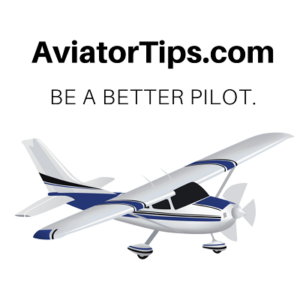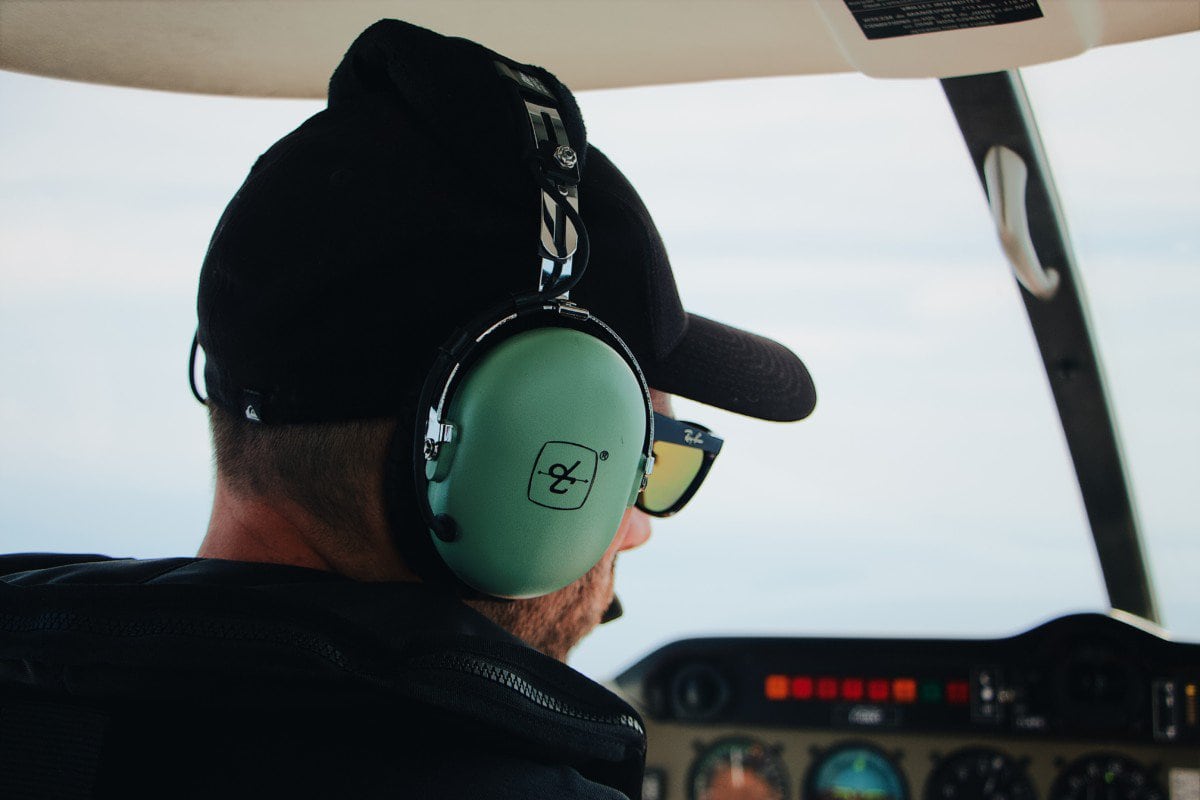If you’re a student pilot getting ready for your checkride, chances are you’ve heard about Designated Pilot Examiners, often referred to as DPEs. They are the people who conduct the final test that stands between you and your pilot certificate. But who exactly are they? What qualifies them to give checkrides? And how can you best prepare to fly with one?
Whether you’re approaching your private pilot practical test or just starting to plan for the future, understanding what a DPE does and how they fit into the certification process can help ease your nerves and set you up for success.
This article will explain what a Designated Pilot Examiner is, how they’re chosen, what to expect during a checkride, and tips for working with them to achieve your pilot certificate.
What Is a Designated Pilot Examiner?
A Designated Pilot Examiner is a certified flight instructor and experienced pilot who is authorized by the Federal Aviation Administration (FAA) to conduct practical tests, also known as checkrides, for pilot certification.
Although DPEs are not employees of the FAA, they are entrusted to represent the FAA and follow its standards. They are highly trained professionals who administer the same Airman Certification Standards (ACS) that the FAA would use if the test were conducted by an FAA inspector.
In short, DPEs are the individuals who evaluate your readiness to hold a pilot certificate. They determine whether you meet the knowledge, skill, and safety standards required to become a certificated pilot.
Why Does the FAA Use DPEs?
There are thousands of pilot applicants each year and only a limited number of FAA examiners. To keep up with demand and make the certification process more efficient, the FAA delegates the testing responsibility to qualified individuals.
Using DPEs allows students to schedule checkrides more easily and locally, without needing to coordinate directly with a busy FAA office. It also enables flexibility, since many DPEs can work evenings or weekends.
The FAA still oversees and audits the work of DPEs, and they are held to high professional and ethical standards. If a DPE consistently issues poor evaluations or violates FAA policy, they can lose their designation.
Designated Pilot Examiner Requirements
To become a DPE, a pilot must meet strict criteria set by the FAA. These requirements usually include:
- Holding a commercial pilot or ATP certificate with appropriate ratings
- Having extensive flight experience (often thousands of hours)
- Being a Certified Flight Instructor (CFI) with a history of successful student training
- Demonstrating a strong knowledge of FAA regulations and procedures
- Passing a background review and training course provided by the FAA
- Undergoing regular oversight, including periodic checkrides and audits
In many cases, DPEs are veteran instructors who have built a reputation in their region for professionalism, fairness, and a deep understanding of aviation safety.
What Types of Tests Can a DPE Administer?
DPEs are authorized to conduct various types of practical tests, including:
- Private Pilot Airplane Single-Engine Land (most common for new pilots)
- Commercial Pilot checkrides
- Instrument Rating evaluations
- Additional category or class ratings
- Flight Instructor tests (if authorized)
Each DPE is designated for specific tests and aircraft types. Not all DPEs can administer every checkride, so it’s important to make sure the DPE you choose is authorized for the certificate or rating you are seeking.
What Happens During a Checkride?
The checkride consists of two main parts: the oral exam and the flight portion. Both are designed to evaluate your knowledge, decision-making, and flying skills according to the Airman Certification Standards (ACS).
The Oral Exam
This is a face-to-face discussion with the DPE that typically lasts 1.5 to 2 hours. During this time, the examiner will ask questions about:
- Weather interpretation and decision-making
- Flight planning and performance calculations
- Regulations, airspace, and endorsements
- Aircraft systems and limitations
- Risk management and aeronautical decision-making
You are expected to answer thoughtfully and demonstrate a deep understanding of your responsibilities as a pilot. The DPE is not trying to trick you, but they do want to see that you know how to think like a pilot.
The Flight Portion
After the oral exam, you will proceed to the flight test, which usually lasts between 1.5 to 2 hours. The DPE will ride in the right seat while you perform a series of maneuvers and tasks, including:
- Preflight inspection
- Takeoff and departure procedures
- Navigation and diversion
- Airwork (stalls, steep turns, slow flight)
- Emergency procedures
- Landing scenarios
You do not need to fly perfectly, but you must demonstrate control, good judgment, and the ability to correct mistakes safely. The DPE may ask you to repeat a maneuver if it’s unclear or incomplete.
Common Misconceptions About DPEs
There are several myths and misunderstandings about DPEs that can increase anxiety unnecessarily. Let’s clear up a few:
- They are not out to fail you. DPEs want to pass you if you meet the standards. They are not trying to catch you off guard.
- They are not instructors during the checkride. A DPE cannot give you hints, corrections, or feedback until after the test is over.
- They do not require perfection. You can make minor errors and still pass, as long as they are not safety-related or repeated.
- They follow a script. DPEs are required to follow the ACS. If you know your material and fly to the standards, you will succeed.
Tips for a Successful Checkride with a DPE
Here are some helpful suggestions for approaching your checkride with confidence:
- Know the ACS. The Airman Certification Standards tell you exactly what will be evaluated. Use them as a study and practice guide.
- Prepare your documents. Have your endorsements, logbook, pilot certificate, medical certificate, government-issued ID, and knowledge test results ready and organized.
- Use your checklist. During the flight portion, always use checklists for preflight, engine start, takeoff, landing, and emergency procedures.
- Stay calm and composed. Nerves are normal. Take your time, think out loud, and demonstrate your decision-making process.
- Treat the DPE like a passenger. Use proper crew resource management (CRM). Keep them informed of your actions, brief them on maneuvers, and include them in your safety checks.
- Know your aircraft. Be ready to explain systems, limitations, and performance figures for the airplane you’re flying.
- Practice real-world thinking. Think like a safe, responsible pilot. Consider weather, fuel reserves, alternate airports, and passenger safety.
How Many Checkrides Can a DPE Do in a Day?
The number of checkrides a Designated Pilot Examiner (DPE) can conduct in a day isn’t set in stone, but it’s typically limited by practical constraints and FAA expectations. Most DPEs will perform one to three checkrides per day, depending on the complexity of the tests, weather conditions, aircraft availability, and the preparation of the applicants.
While there’s no hard FAA limit, the agency does monitor examiners for quality and integrity, and conducting too many checkrides in a single day may raise red flags. For example, a full private pilot practical test can take 4–6 hours from start to finish. Rushing through multiple tests could compromise the thoroughness expected by the FAA, and jeopardize a DPE’s reputation.
How to Schedule a Checkride with a DPE
Most students work with their instructor to schedule a checkride. Your CFI may recommend a trusted local DPE or provide a list of approved examiners in your area.
When you contact a DPE, be ready to provide:
- Your desired checkride date and flexibility
- The certificate or rating you are testing for
- The make and model of aircraft you will be flying
- Any required documentation or endorsements
DPEs often have busy schedules, so it’s smart to reach out several weeks in advance. Some DPEs require a deposit or fee at the time of booking.
If you’re searching for a DPE in Southern California, I highly recommend Joe Scarcella Aviation. I completed most of my primary training with Joe and later returned to take my checkride with him after flying with a few other instructors. He’s a fair but thorough examiner who holds you to a high standard. Joe is also flexible and accommodating with scheduling, which is especially helpful given the current shortage of available DPEs. If you’re having trouble booking a checkride, he’s definitely worth reaching out to.
How Much Does a Checkride Cost?
DPE fees vary by location, certificate type, and examiner, but you can expect to pay between $800 and $1,200 for a private pilot checkride. This fee is paid directly to the DPE and is not regulated by the FAA.
The cost typically includes the oral and flight portions. If you need a retest due to a failure or discontinuance, the DPE may charge a reduced fee for the second attempt.
Final Thoughts
Designated Pilot Examiners are a vital part of the aviation certification process. They ensure that every new pilot meets the standards of safety, knowledge, and skill that the FAA requires. Understanding who they are and what they do can help reduce checkride anxiety and build confidence as you prepare for your big day.
If you treat the checkride like just another flight with a passenger who wants to be impressed by your professionalism and preparation, you are already on the right track. Do your homework, stay calm, and remember that the DPE wants you to succeed as much as you do.
Sources:
– FAA: Airman Certification Standards (ACS) – Private Pilot Airplane
– FAA: Designated Pilot Examiner Handbook (Order 8900.2)
– AOPA: Checkride Tips and Examiner Insights
– Pilot’s Handbook of Aeronautical Knowledge
– Gleim Aviation: Checkride Readiness Guide
Recent Posts
Squawk 7700: What Aviation's Emergency Code Means for Pilots
Learn what Squawk 7700 means in aviation, how pilots use this emergency transponder code, and how air traffic control responds to aircraft emergencies worldwide.
Pitot Static System Failures: Causes, Symptoms, and Prevention
Learn about pitot static system failures, how to identify them, and crucial tips for pilots to ensure safety during critical situations.


